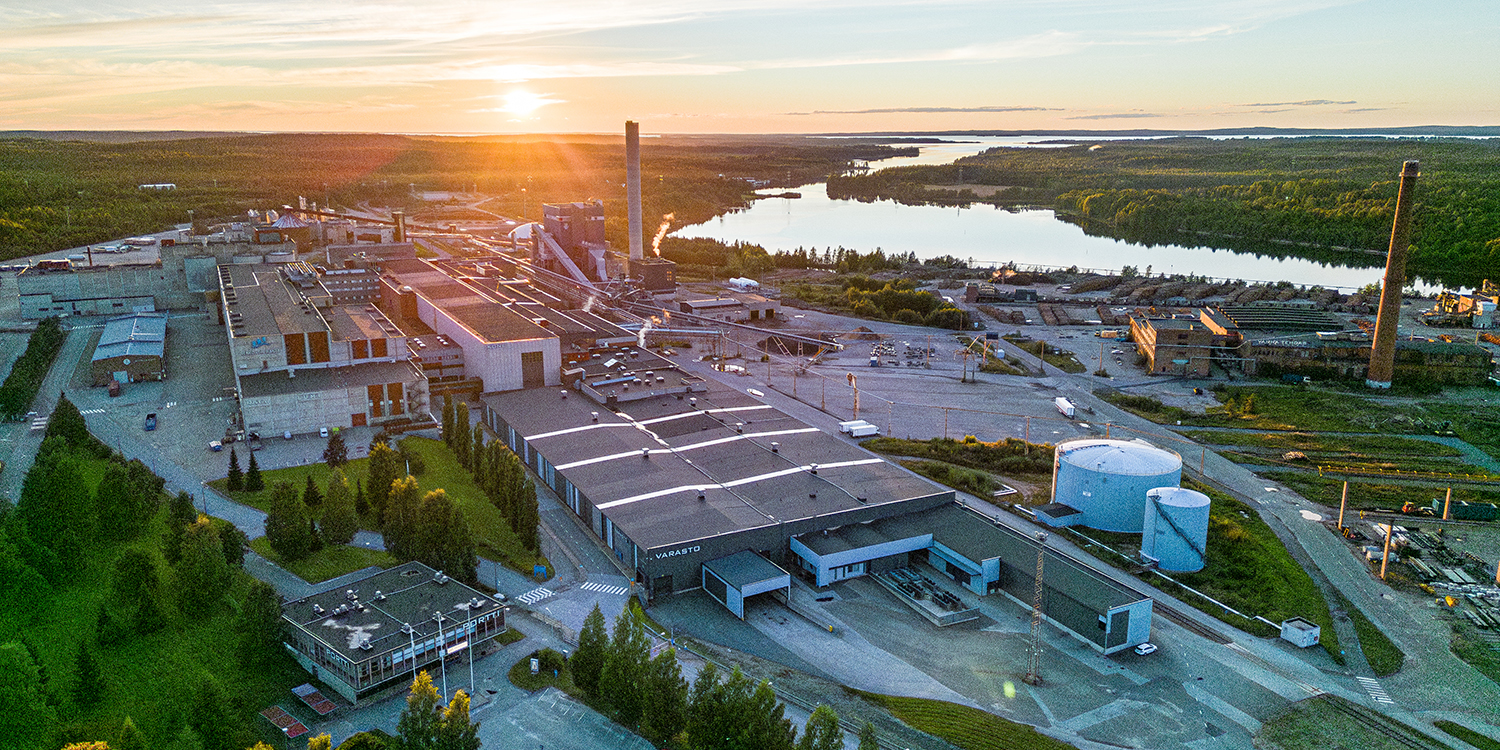SROI of CSC’s high-performance computing services studied: €25–37 return per euro invested
A study by Taloustutkimus found that an investment of €1 into CSC-IT Center for Science’s high-performance computing (HPC) services generated a €25-37 benefit to society. The study measured CSC’s HPC service’s social return on investment (SROI) and covered the period from 2018 to 2023.
CSC – IT Center for Science’s supercomputers are centrally located in CSC’s Kajaani data center. The data center is home to Finland’s national supercomputers, Puhti and Mahti, and the pan-European LUMI, currently the most powerful supercomputer in Europe and one of the greenest in the world.
The SROI calculation method is based on an evaluation study, social accounting, and cost-benefit analysis. The basis for the study was a large number of interviews with dozens of people from CSC’s various stakeholders: users of computing services from universities and other higher education institutions, research institutes and companies, as well as funders and corporate governance bodies. The interviews and data gathering for the study were conducted between December 2023 and February 2024.
The great importance of competitiveness
Scientific research is now data-driven, and almost all scientific disciplines use computational methods to analyze large data sets. The same change is also reflected in companies’ research, development, and innovation activities. For example, artificial intelligence is essentially computation. Teaching the underlying large language models and applying artificial intelligence requires huge/significant computing resources.
However, computers and capacity alone are not enough. However, we need more than computers and capacity. Utilizing data requires skills and understanding of both the development and application of technology. It is a field in which Finland holds an exceptionally strong position. CSC is a major computing center and center of expertise, even on a European scale, which has supported Finland’s growth into a country of computational science and research that is larger than the country’s size would suggest. This is strengthening the competitiveness of Finland as a whole.
“The relative importance of efficient computing resources for science and research and the competitiveness of society as a whole has increased. We knew the benefits would be high, but we wanted to provide measurable information for the societal debate,” says Kimmo Koski, Managing Director of CSC.
Computational methods play a major role in a wide range of industries, including developing new fuels and materials. Virtual screening using high-performance computing and machine learning will speed up and bring huge cost savings, for example, in pharmaceutical development, and accelerate the development of new medicines or vaccines. Without HPC, modern pharmaceutical research would not be possible. HPC also plays a crucial role in space exploration, which is becoming increasingly important for society as a whole due, for example, to increasing satellite traffic. Advanced and high-resolution modeling also enables much more accurate weather forecasts, which are widely beneficial for society.
Data economy growing and creating growth
The SROI figure calculated by Taloustutkimus describes the benefits of CSC’s computing services for the projects carried out by the stakeholders interviewed. The wider societal impact of high-performance computing with its multiplier effects is likely to be even greater, but these broader impacts were not calculated in this study.
It is not easy to measure the overall and multiplier effects comprehensively. Still a general idea of their magnitude can be obtained, for example, by looking at studies measuring the value of the data economy. The value of the data economy in EU member states is expected to grow from around €500 billion to just under €1 trillion between 2023 and 2030, and Finland’s data economy is expected to be one of the fastest growing in Europe. According to a report by the McKinsey Global Institute, the economic value creation potential of AI globally is USD 13 trillion.
High-performance computing is based on value creation through the efficient processing of data. As the use and application of HPC expands to more and more sectors, its potential economic impact is also growing.
The importance of continuity
LUMI, the pan-European supercomputer, is one of the world’s most important research infrastructures, with unprecedented potential to develop knowledge across society. It is also currently the second most powerful AI platform in the world. LUMI has been used to compute several very large language models underlying artificial intelligence.
However, the technologies are rapidly aging, and LUMI’s technical lifetime will end in approximately 2027. Planning for replacement investments has already started. In a decision made at the beginning of March, the Ministerial Committee for Economic Policy approved Finland’s participation in the EuroHPC supercomputer hosting call with a funding share of €250 million. The decision reinforces the ambition to keep Finland among the world’s leading centers of expertise in computing.
The decision of the Ministerial Committee for Economic Policy will significantly strengthen the overall effectiveness of Finland’s RDI investments. It will ensure world-class tools for competence development, cutting-edge research and innovation, and the future exploitation of new technologies.
For further information, please contact

Maija Kuhlman
Maija Kuhlman is in charge of CSC’s communications, reputation management and brand.

Kimmo Koski
As Managing Director, Kimmo Koski is responsible for the implementation of CSC’s strategy and the company’s operations.
